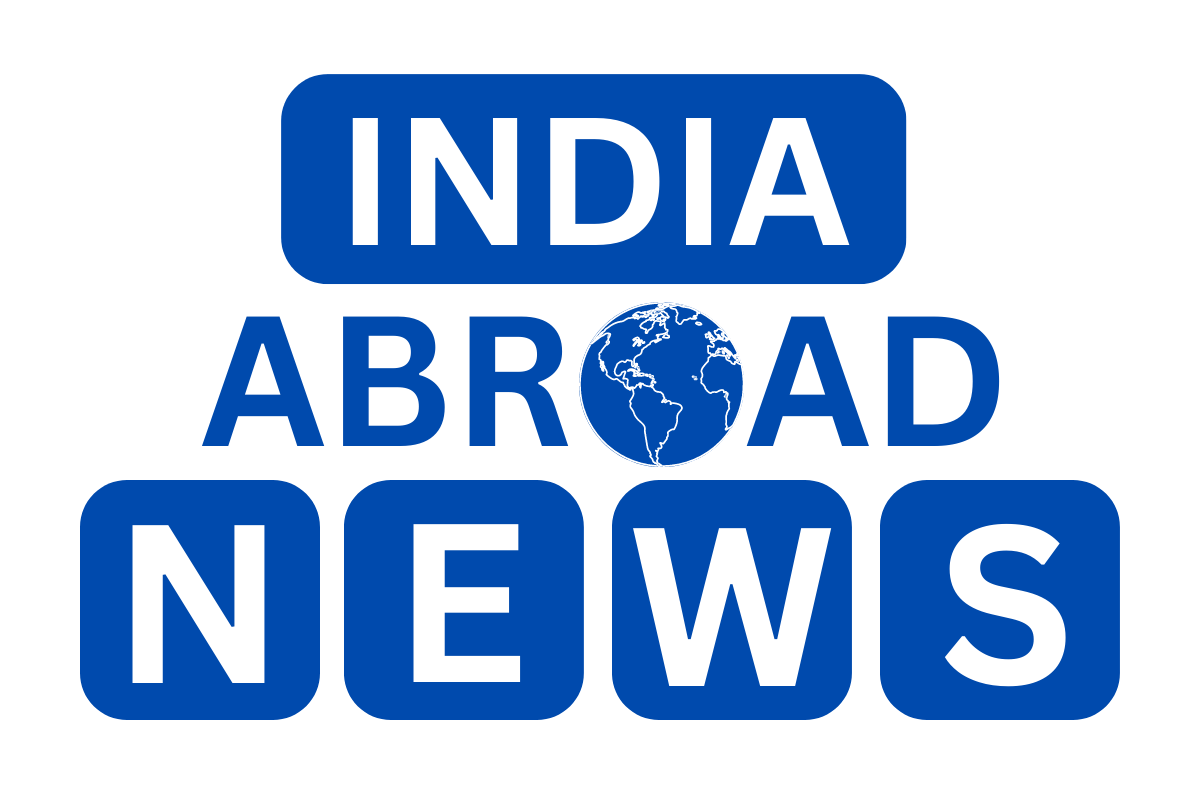A fundamental question is now facing the world: can it function without a single, dominant leader? A new bloc, spearheaded by India, China, and Russia, is determined to prove that it can. Their explicit goal is to end the era of a single superpower and replace it with a system of collective, multipolar leadership.
This vision was on full display at the recent SCO summit, where their unity was a powerful pitch for a new kind of world order. This is not about creating a leaderless world, but a “leader-full” one, where major powers share the responsibility of global governance. Analyst Van Jones described this as a coordinated plan to dismantle the unipolar system.
The motivation for this radical shift is a deep-seated resentment towards the current global leader. The United States’s perceived unilateralism, particularly its use of tariffs as a foreign policy weapon, has convinced these nations that the single-superpower model is flawed and unsustainable.
For the United States, this represents a fundamental demotion on the world stage. It has been outmaneuvered and finds itself “in a box,” facing a future where it is no longer the undisputed leader but merely one of several great powers. This is a dangerous and uncertain transition for a nation accustomed to being first among equals.

